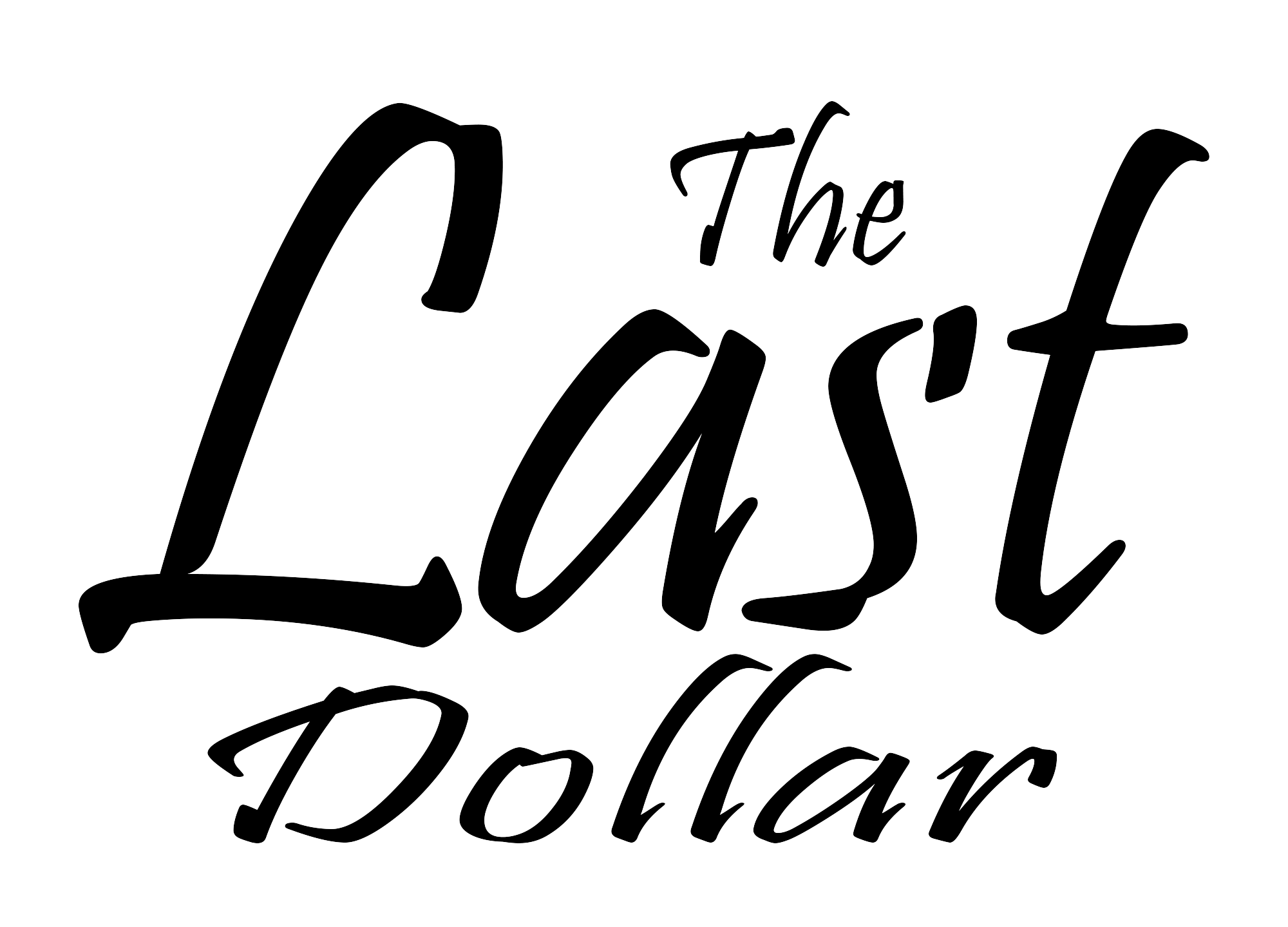Student loans are a critical aspect of many people’s education journey, and understanding how they work is essential for effective financial planning. One of the most significant factors that determines the total cost of your student loans is the interest rate. Whether you’re considering taking out a loan or you’re currently managing one, it’s important to understand how interest rates work and how they affect your student loan balance. Here’s a breakdown of how interest rates influence your student loans and how you can manage them.
What is an Interest Rate?
An interest rate is the percentage of the loan amount that the lender charges you for borrowing the money. It’s essentially the cost of borrowing and is expressed as an annual percentage rate (APR). The interest rate for student loans can either be fixed or variable:
- Fixed Interest Rate: The rate remains the same for the life of the loan.
- Variable Interest Rate: The rate can fluctuate over time, typically based on an index such as the prime rate.
How Interest Rates Impact Your Student Loans
- Loan Amount and Interest Costs
Interest is added to your loan balance, and over time, this can significantly increase the total amount you owe. If you have a loan with a high interest rate, you’ll pay more in interest, leading to a higher overall cost for your education. For example, a $20,000 loan with a 5% interest rate will accrue $1,000 in interest during the first year. - Monthly Payments
The interest rate also affects the amount you pay each month. A higher interest rate results in higher monthly payments because you’re paying more toward the interest in addition to the principal. This can make your loan repayment more challenging, especially if you have a tight budget. - Total Loan Repayment
Over the life of the loan, the interest you accrue can add up significantly. The higher the interest rate, the more you’ll pay in total by the time you finish repaying the loan. For example, if you take out a $30,000 loan at 6% interest for 10 years, you could end up paying thousands more than the original loan amount due to interest. - Loan Repayment Timeframe
With higher interest rates, it may take longer to repay your loan if you’re only making minimum payments. This is because more of your payment will go toward the interest rather than the principal balance. Conversely, a lower interest rate can shorten the repayment period if you stick to your regular payment schedule.
Federal vs. Private Student Loan Interest Rates
The type of student loan you have can significantly impact the interest rate. Federal student loans typically have lower, fixed interest rates compared to private student loans, which can have higher, variable rates. Understanding this difference can help you make an informed decision when choosing a loan.
- Federal Student Loans: These loans are provided by the government and usually come with fixed interest rates. They also offer certain protections, such as income-driven repayment plans, deferment, and forgiveness options. Federal rates vary by loan type and can be influenced by economic factors.
- Private Student Loans: These loans come from private lenders, such as banks or credit unions, and the interest rates can be higher and variable. The rate is often based on factors like your credit score, income, and the lender’s policies. If you have excellent credit, you may be able to secure a lower rate, but if your credit is poor, you could face higher rates.
How to Minimize the Impact of Interest Rates on Your Student Loans
- Make Payments While in School
If you’re able, consider making interest-only payments while you’re still in school. This can prevent the interest from accruing on your loan balance and prevent it from being capitalized (added to your principal balance) after graduation. - Refinance Your Loans
If you have private loans or high-interest federal loans, refinancing can be a way to lower your interest rate. However, refinancing federal loans with a private lender can result in the loss of federal protections, so weigh the pros and cons carefully before making this decision. - Pay More Than the Minimum
If possible, try to pay more than the minimum payment each month. This will help you reduce the principal balance faster, which, in turn, reduces the amount of interest that accrues over time. - Explore Income-Driven Repayment Plans
For federal student loans, income-driven repayment plans can adjust your monthly payment based on your income, which can help make payments more manageable if you’re struggling financially. Some of these plans also offer loan forgiveness after a certain period. - Consider Loan Forgiveness Programs
If you work in certain public service jobs, you may qualify for Public Service Loan Forgiveness (PSLF), which can forgive your remaining loan balance after making 120 qualifying payments. This can be a huge benefit, especially if you’re in a low-paying job that qualifies for forgiveness.
Conclusion: Interest Rates Affect Your Student Loans
Understanding how interest rates affect your student loans is crucial for managing your debt effectively. Higher interest rates can significantly increase the total amount you owe, making it more difficult to pay off your loan. By staying proactive and taking steps like making early payments, refinancing, or exploring income-driven repayment plans, you can minimize the financial strain caused by interest rates and make your student loan journey more manageable.
Remember, the key to managing student loans successfully is being informed and staying on top of your payments. The sooner you take control of your loans, the less you’ll end up paying in interest, and the sooner you can move on to other financial goals.
Discover our expert blogs for insightful tips on managing your finances effectively! Also, don’t forget to follow us on X.












